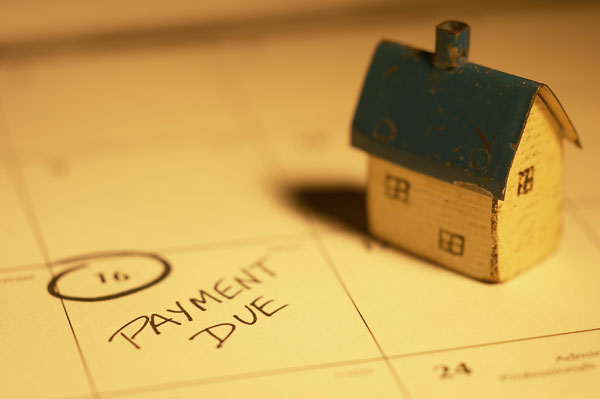Credit Cards & Loans
Debt and bills defaults surge in January

Research by Which? found that an estimated 2.5 million households missed or defaulted on at least one mortgage, rent, loan, credit card or bill in January 2022.
This marks a significant increase on December 2021, when 1.7 million households were estimated to have defaulted on or missed a payment.
The consumer champion found that missed payment rates were even higher among those on lower incomes. One in seven (14%) households in the sample with an income under £21,000 had missed a payment in the past month. There were 210 people in the sample receiving Universal Credit and of these 28% had missed a payment.
While the cost of living has been on the rise for months, this is the first time Which? has seen the current crisis affecting household finances in its consumer insight tracker. It says the findings are clear signs that many people are having to adjust their household spending to stay afloat.
The majority (58%) of those surveyed said they had recently been affected by increased food prices, and more than half (56%) had been affected by energy price rises.
Just under a fifth (17%) reported a recent increase in their housing costs, and the same proportion reported an increase in the price they pay for broadband and mobile services.
Half (51%) of consumers said they had been putting the heating on less frequently due to energy price rises, and nearly as many (46%) had reduced their usage of lights or appliances around the home. Only a quarter reported not having taken any such measure in response to energy costs increasing.
Many people also said they have bought cheaper products, shopped around in different stores or bought extra items when on promotion. Some reported having to take more drastic measures. Of those who had experienced higher food prices, one in 10 (10%) of them said they had skipped meals, 9% prioritised meals for other family members, and 3% said they had used a food bank.
Prices are expected to rise further in the coming months, with the Bank of England predicting inflation will peak at about 6% in April 2022.
Those on the lowest incomes, single parents and retirees will be worst impacted. It is predicted that for those in the lowest 20% of incomes – households with an average income of £14,600 a year – 30% of their spending will be on just food, gas and electricity by April 2022.
By comparison, for the 20% with the highest incomes – an average of £81,000 a year – it is estimated that just 16% of their spending will be on these essentials.
Single people with children are predicted to pay £924 more a year on food, gas and electricity in April 2022 than they were pre-pandemic in March 2020, while retirees face paying £930 more a year.
Which? is calling on the government, regulators and companies to work quickly to make sure they are ready to support customers in financial distress. It says the government must urgently clarify what support will be put in place for those struggling to pay rising energy bills.
Which? says that in the longer term, the government should take a more fundamental look at the underlying factors that are driving price rises across different sectors. The consumer champion said it must work with regulators to build greater resilience more generally, including through much-needed reforms to the consumer and competition regimes.
Adam French, Which? consumer rights expert, said: “Our research shows millions of households have missed or defaulted on payments this month alone. This is hugely concerning as it suggests the cost of living crisis is already starting to hit hard – especially for those on lower incomes.
“The government and businesses must urgently put measures in place to support those struggling to make ends meet. People should not be saddled with spiralling debts because of circumstances completely outside their control.”